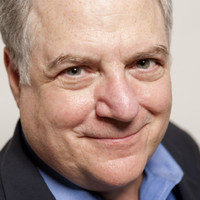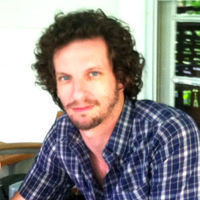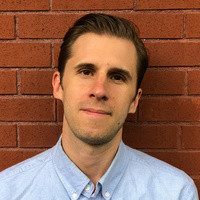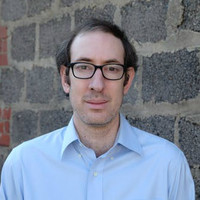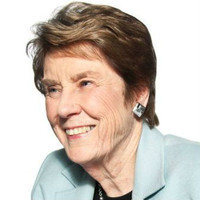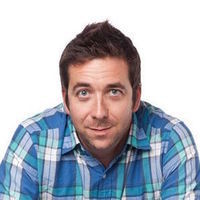
Collections Sponsored
The Longform Guide to Cat Burglars
This collection is sponsored by Alarm Grid, a new kind of home security company. No contracts, no activation costs, no hidden fees. Try it today and get your first month free.
The Silver Thief
After two New Jersey homes were robbed of their silver—only their silver—in the same night, the local police got a call from a detective in Greenwich, Connecticut. “I know the guy who’s doing your burglaries.”
Stephen J. Dubner New Yorker May 2004 35min
The Suspects Wore Louboutins
The motley gang of L.A. teens that cat-burgled celebrities, sometimes repeatedly, in search of designer clothes, jewelry, and something to do. The story that became The Bling Ring.
Nancy Jo Sales Vanity Fair Mar 2010 20min
The Dead Zoo Gang
Over the last several years, millions of dollars worth of antique rhino horns have been stolen form collections around the world. The only thing more unusual than the crimes is the theory about who is responsible: A handful of families from rural Ireland known as the Rathkeale Rovers.
Charles Homans The Atavist Magazine Mar 2014 1h15min
The Amazing Story of California's Greatest Cat Burglar
Dozens of fake identities. More than 1,000 break-ins. A haul of gold, jewelry, and art worth an estimated $40 million. For 16 months, no wealthy Angeleno was safe from Ignacio Del Río.
Luke O'Brien Details May 2010 15min
Pipino: Gentleman Thief
Magicians, mafiosos, a missing painting and the heist of a lifetime.
Joshua Davis, David Wolman Epic Oct 2014 35min
May 2004 – Oct 2014 Permalink













